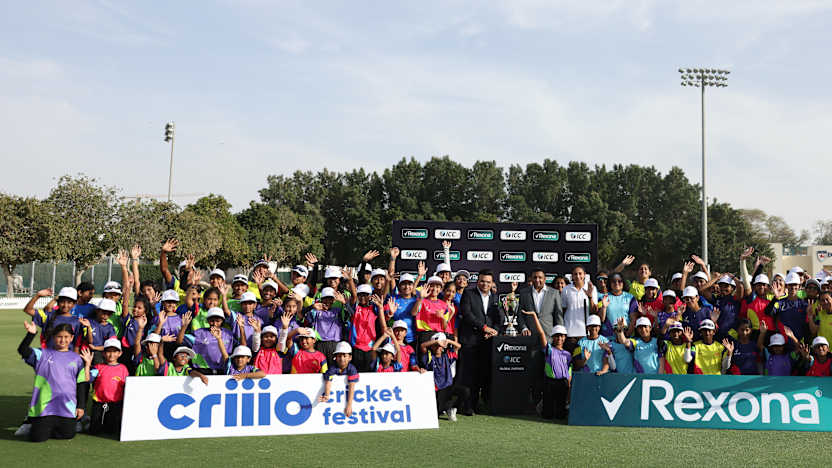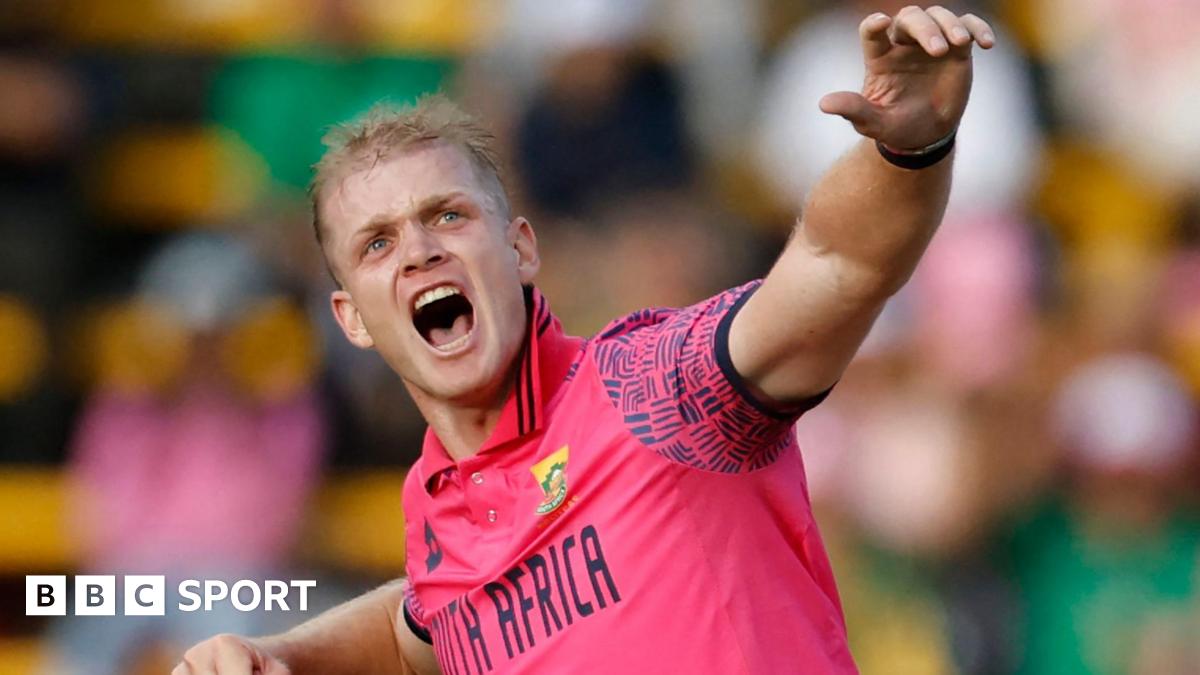India wields cricket as a geopolitical tool against Pakistan

Subrahmanyam Jaishankar, India’s foreign minister, believes that diplomacy is like cricket. Speaking at an event in November, he claimed that both pursuits feature multiple players, changing conditions and intense competition, which requires out-thinking “the other team”. Mr Jaishankar may have been talking metaphorically, but cricket is taking on literal meaning in Indian foreign policy. The country’s biggest passion is now an active diplomatic tool—especially with Pakistan.
Over the past month, the neighbours have sparred over the Champions Trophy, a big international tournament to be hosted by Pakistan in February 2025. India’s government refused to send its team to Pakistan. The decision has infuriated Pakistan. To aggravate its neighbours, it threatened to take the tournament’s trophy on a tour of the country, including the parts of the region of Kashmir that India claims Pakistan is illegally occupying. It backed down after the International Cricket Council (ICC) intervened. The game’s global governing body is now planning to run a “hybrid model” for the tournament, allowing India to play in a neutral venue while other teams play in Pakistan.
The sticky wicket is hardly surprising. The Indian team has refused to travel to Pakistan since 2008, a stance it has taken because of a terrorist attack in Mumbai that Indian officials believe Pakistan abetted. Pakistani players were also barred from participating in the Indian Premier League (IPL).
This reflects a broader deterioration in relations. Since the Bharatiya Janata Party (BJP) came to power in 2014, India has taken a more muscular stance towards Kashmir, the sore point in the relationship. Ties worsened after several terrorist attacks in the region, which India accused Pakistan of orchestrating, and then collapsed in 2019, when India revoked the territory’s decades-long special constitutional status. That move gave India’s federal government greater control over India-administered Kashmir and enraged Pakistan. Since then, bilateral trade has all but ceased. Between April and August this year, India imported nothing from its neighbour, while exporting $235m, around 0.1% of total exports.
Cricket once played a conciliatory role between the two countries. In 1987 and 1996 officials from India and Pakistan worked together to jointly host the World Cup, the biggest event in the sport. In 1999 the Pakistan team travelled to India. In 2004 India reciprocated. Off the field, the tours were accompanied by bilateral summits. And in the stadiums, fans in both countries greeted the opposition warmly. Some even hoped that “cricket diplomacy” could replicate the success of “ping-pong diplomacy”, when a series of table-tennis games helped thaw America-China relations in the 1970s.
That now seems unthinkable. Politics in India is much more nationalistic and cricket much more politicised. In 1999 and 2004, Atal Bihari Vajpayee, the BJP prime minister at that time, dismissed protests from Hindu nationalists about engaging with Pakistan. Narendra Modi, the current prime minister, however, has taken a more combative stance. His party also enjoys far more power over Indian cricket. The de facto national stadium is the Narendra Modi Stadium and several members of the Board of Control for Cricket in India (BCCI), the governing body, have links to the BJP. Until November, the BCCI was run by Jay Shah, the son of Amit Shah, the home minister and Mr Modi’s right-hand man.
Last week the younger Mr Shah was elevated to manage the game globally at the ICC. The fear among many non-Indian cricket fans is that he will use his new job to further promote India’s interests: by pushing through the “hybrid model” for the upcoming Champions Trophy, for example. Under his watch, the BCCI took a hostile attitude towards Pakistan, mirroring the Indian government’s stance. Conversely, like the government, the BCCI has been more receptive to Afghanistan. It has helped finance the game’s development there. Afghan cricketers are welcome to play in the IPL.
It is unclear if such policies will help India achieve its goals for its relations with Pakistan, which include engaging in bilateral dialogue and eliminating cross-border violence. So far they have not. But more than foreign policy, India’s cricketing stance may be influenced by domestic politics. Many Indians delight in the BJP’s aggressive approach. According to a survey by Pew Research, in 2023 around 70% of Indians said they held an unfavourable opinion of Pakistan.
Subscribers to The Economist can sign up to our new Opinion newsletter, which brings together the best of our leaders, columns, guest essays and reader correspondence.
Catch all the latest…
See more
Continue reading with HT Premium Subscription
Daily E Paper I Premium Articles I Brunch E Magazine I Daily Infographics

Related
‘Listen from one ear, ignore from the other’: Former India…
India's Rohit Sharma and Mohammed Shami (AP Photo) NEW DELHI: Former wicketkeeper-batter Syed Kirmani has expressed his opinion that experienced fast bowler Mo
India faces New Zealand in budding rivalry at Champions Trophy…
State AlabamaAlaskaArizonaArkansasCa
ICC and Unilever announce landmark partnership on International Women’s Day…
The two-year partnership, kicking off at this year’s Women’s Cricket World Cup in India and running until the end of 2027, marks the world cricket governing
IPL 2025: Mumbai Indians sign Corbin Bosch as replacement for…
Mumbai Indians have signed South Africa all-rounder Corbin Bosch as a replacement for his injured countryman Lizaad Williams for this year's Indian Premier Leag











